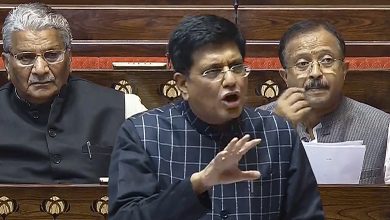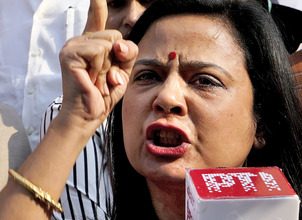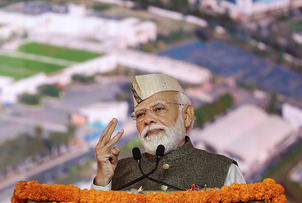‘India’s economy will do well once vaccination reaches critical mass’

New Delhi, May 18 (PTI):
India’s economy will do well once vaccination reaches a critical mass as pent up demand, global recovery and easy financial conditions will boost activities, RBI’s Monetary Policy Committee (MPC) member Ashima Goyal said on Tuesday.
As India battles a “fearsome” second COVID wave, she also said the damage to the economy due to lockdowns is much less and is unlikely to extend beyond the first quarter of the current fiscal.
“India has the potential to be a centre of vaccine production and will be able to ramp it up soon. Once vaccination reaches a critical mass, the economy will do well with pent up demand, global recovery and easy financial conditions,” she told PTI in an interview.
The eminent economist said the current localized reversal of unlocks has successfully bent the curve. “It is less disruptive of supply chains since it is adapted to local conditions and need not go all the way to a full lockdown,” Goyal said. Recently, S&P Global Ratings slashed India’s GDP growth forecast for the current financial year to 9.8 per cent saying the second COVID wave may derail a budding recovery in the economy and credit conditions. According to Fitch, India’s real GDP is expected to grow 9.5 per cent in 2021-22 (April 2021 to March 2022).
Asked how the government’s fiscal expansionism will play out with the rating agencies, Goyal said by the standards of advanced economies, India’s post COVID-19 fiscal expansion has been relatively modest.
Noting that a restrained temporary expansion will be acceptable to rating agencies since it will contribute to recovery, she said it will be possible to reverse it in the medium-term. “Since India’s long-term growth story is intact, rating agencies will be willing to give it time,” she said, adding a persistent, non-tax financed rise in expenditure, however, can create problems.
On the government’s ambitious target to make India a USD 5-trillion economy by 2024-25, Goyal said “after such an extended and unforeseen pandemic, it will take longer. “Moreover, COVID-19 related uncertainties are not over yet,” the eminent economist noted.








